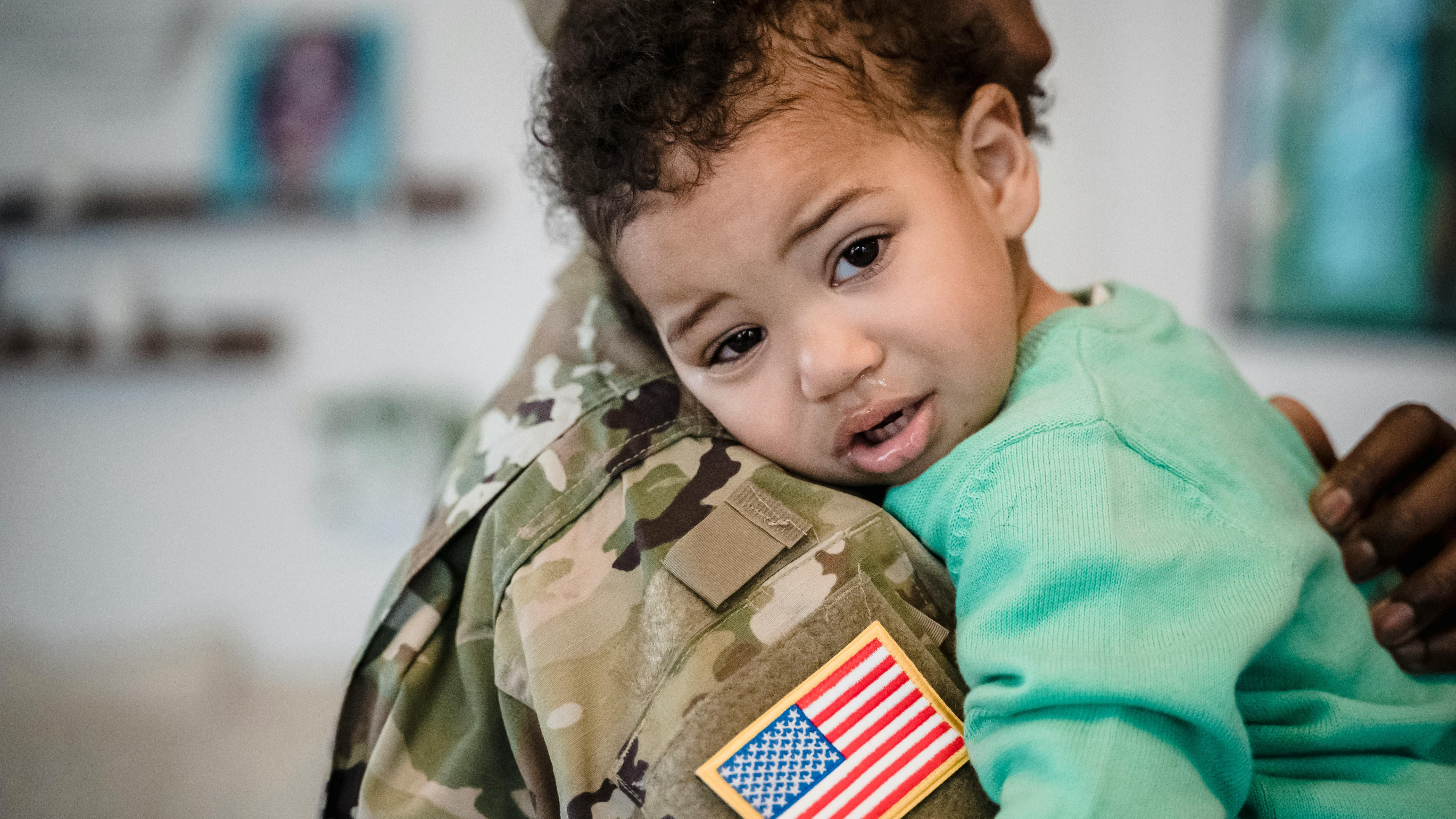
Understanding Rejection: The Discrepancy Between Skills and Opportunities
For military members transitioning from active duty to civilian life, the process can be daunting, especially when faced with job rejections despite having the right skills. This is a common experience faced by many veterans and military spouses, creating an additional layer of stress during an already challenging transition. Surprisingly, this is not just about qualifications or experience; various other factors contribute to the difficulties faced when applying for military jobs.
Why Skills Alone Aren't Enough for Military Jobs
Many veterans find themselves puzzled when their impressive skills and experiences do not guarantee job offers. One critical factor is the ever-changing landscape of hiring criteria. For instance, hiring managers increasingly seek candidates who not only fit the role but also align with the company’s culture and values. This often leaves veterans feeling overlooked, even when they possess the right skills and clearance.
Real-Life Stories of Valor: The Strength Behind Job Applications
Consider the story of John, an Army veteran. After serving proudly, he applied for various positions but faced consistent rejections. Despite his skills in leadership and logistics, he found that many employers were more interested in candidates with civilian experience, creating a disconnect. John's journey exemplifies how military accomplishments, although commendable, sometimes do not translate directly during hiring processes.
Bridging the Gap: What Companies Can Do Differently
Companies, particularly those in the Fortune 100, have a unique opportunity to utilize the leadership lessons derived from military service. By implementing veteran mentoring programs and actively seeking to understand the value that military experience brings, businesses can help streamline the transition process. For organizations looking to acquire skilled professionals, understanding and valuing the military ethos is key to tapping into this rich talent pool.
Actionable Insights: Tips for Job Seekers in the Military Community
As you navigate the job market, consider these actionable insights:
- Network within the military community: Utilize connections you have through your service. Leverage platforms like AristaHire, which focus on placing veterans into civilian roles successfully.
- Highlight transferable skills: Be sure to express how your military experiences translate to civilian job demands, highlighting achievements related to teamwork, leadership, and crisis management.
- Seek certifications: Consider additional certifications that can bolster your application; programs offered by AristaLearn can provide further credibility and skills enhancement.
The Emotional Toll: Coping with Rejection
The psychological impact of consistent job rejections can be heavy, especially for those who have served their country. Feelings of inadequacy may creep in, but it's essential to maintain perseverance. Remember, the job search can be a journey filled with ups and downs; keeping a supportive network close is crucial. Engaging with fellow veterans and military families who share similar experiences can not only provide emotional support but also create new opportunities for collaboration.
Emphasizing the Value of Military Experience in Corporate Environments
Organizations should focus on recognizing and integrating military values such as leadership, discipline, and resilience into their corporate cultures. Doing so not only enhances team dynamics but can also lead to a more motivated and dedicated workforce. This appreciation creates a dual benefit of giving veterans a sense of belonging while simultaneously cultivating a strong company culture.
In conclusion, while transitions from military to civilian roles can be tricky, understanding the underlying reasons for job rejections can empower job seekers. Whether it comes from restructuring your application strategy or tapping into community resources, leveraging the skills gained through military service is vital. Stay hopeful, stay connected, and remember that your valor isn’t just celebrated in uniform; it’s equally valuable in civilian life.
 Add Row
Add Row  Add
Add 




Write A Comment